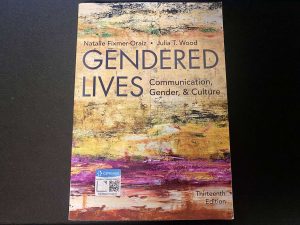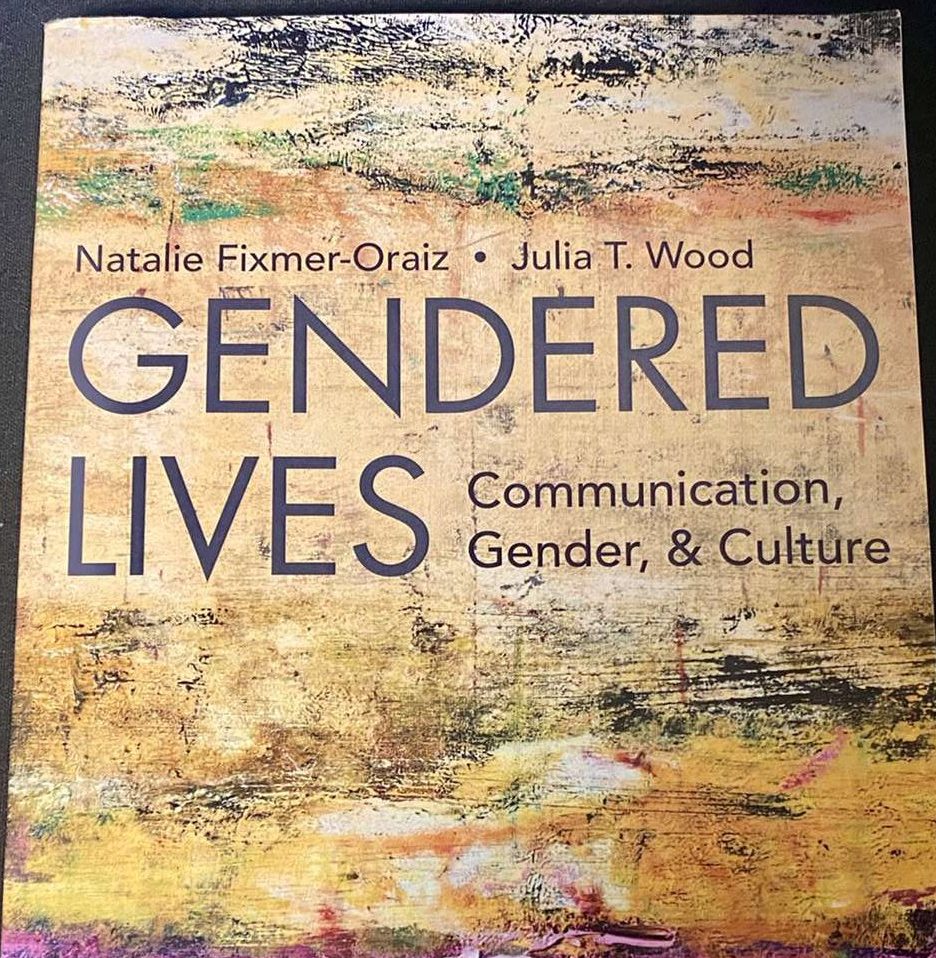The school year is back, and students are now adjusting to a schedule that keeps them busy with homework and classes. For only 23 students, they are in a discussion-based class that has not been available since 2019. These students are taking Gender and Communication.
The person who originally started the class at Concordia is Aileen Buslig, the communications and theater arts department chair.
Over the past couple of years, the class has been in a rotation process where some classes skip either two or four semesters. During her first year as the department chair of the CSTA department, Buslig decided to bring back the course due to its popularity.
“It is always filled, and I think what better reason to add a course into a regular (rotation) course,” said Buslig.
When Buslig was asked to describe the class, she said, “Gender and Communication is meant to be kind of an introduction to the way gender is so much a part of our lives and the way that we communicate and relate in just about every area of our lives.”
The class is available to anyone, but women and gender studies minors and communications studies students tend to populate this class. This class satisfies the requirements for both of those studies.
Mykaela Zoa, a double major in psychology and communications studies with a minor in women and gender studies, said that “it kind of checks multiple boxes, since my freshman year of college, I’ve had a really large interest specifically in women’s and gender studies, like hot button issues with gender.”
Some of the topics discussed in class are gendered communication, issues and stereotypes. More recently the class discusses feminism, gender-neutral bathrooms, and the use of pronouns.
Zoa’s interest in gender and communication is relevant to her work because she interned at the Women’s and Children’s center in Fargo Moorhead, and in the future wants to work for a non-profit.
“I would love to work in a nonprofit, specifically for women, or those who have intersectional identities and maybe aren’t as privileged in our society, and just being able to learn the things that I can’t inherently understand because I am not a person of color, and I am cisgender,” said Zoa.

This class is full of students who are not all the same, they each offer a different perspective on the course.
‘It’s not all white cisgender female (students), which is what I love about it, there are several people who don’t identify as a female,” said Zoa, “I always think there could be more who identify as a cisgender male that could take the course.”
When learning about gender and communications, people start to see the world differently.
“You can start to recognize when you may be being treated in ways that you shouldn’t be, you shouldn’t necessarily accept it, but you can understand what’s going on,” said Buslig. “There are all these negative expectations and negative perceptions of people who don’t fit their gender norms and if you know those kinds of things, I think you can break them and you can recognize what are positive things of both masculine and feminine (genders) and we can help others see these things as well.”
Zoa agrees that learning about how gender affects communication can be valuable outside of the classroom and can help others listen to people who have different perspectives, identities, and privileges than others
“As a cis-gendered, white woman, hearing the perspectives of those who have different intersectional identities than I do, different privileges, different lack of privileges, different positions of power, and the different ideologies that everybody has, I really value hearing others’ opinions that maybe don’t identify in the same way that I do,” said Zoa.
Another student who is taking the course, Abby Peterson, a junior who is double majoring in communication studies and English literature; said, “This class is the only class I feel like I’ve actually learned something new. I felt heard and that we are having productive conversations.”
Zoa, Peterson and Buslig would recommend this class to anyone who is interested in learning about gender. For more information about the class or when it will be available next, contact Aileen Buslig.





Be First to Comment